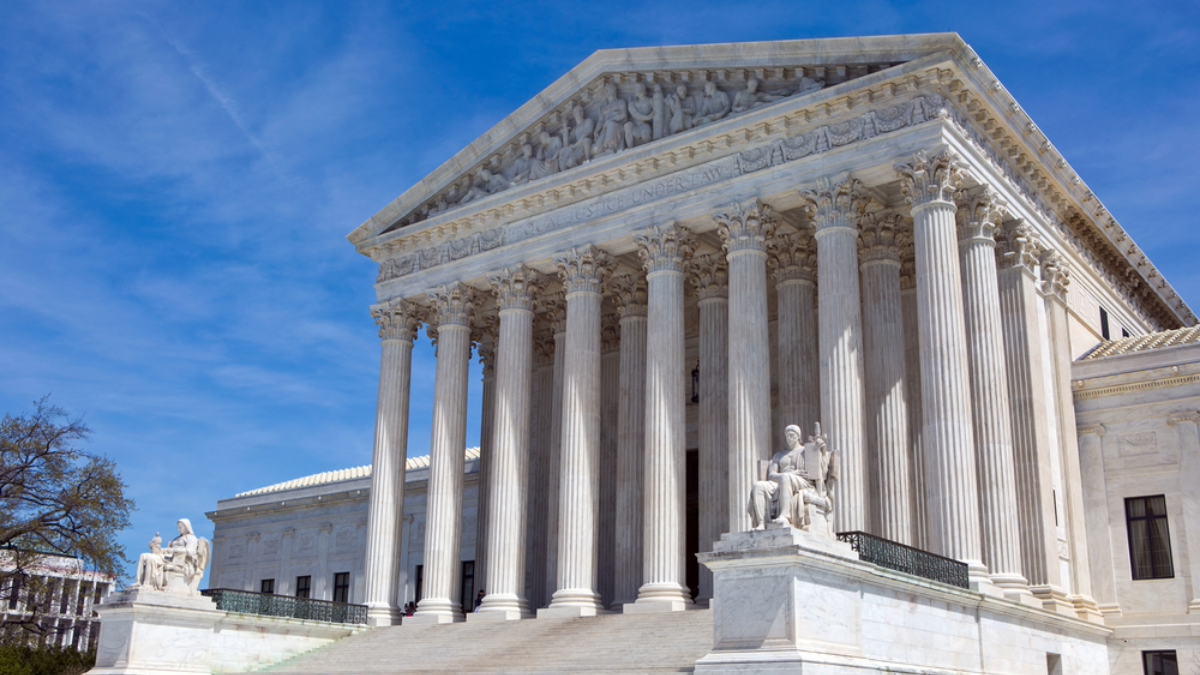Insights on Recent Developments in U.S. Tech Policy
Background on Contributors
Rachel Lau and J.J. Tolentino play pivotal roles at Freedman Consulting, LLC, collaborating with prominent public interest foundations and nonprofits on critical technology policy issues. Ben Lennett contributes as the managing editor of Tech Policy Press, enriching the community’s understanding of these topics.
Spotlight on AI Policy
As Congress scrambled to pass President Trump’s ‘Big Beautiful Bill’, discussions surrounding artificial intelligence (AI) regulation surged. Throughout June, the debate centered on a sweeping federal moratorium aimed at halting state and local AI laws. Initially introduced in the House’s budget bill, this proposal transitioned into a revised version in the Senate, championed by Senator Ted Cruz (R–TX). Notably, the moratorium was controversially linked to funding for the Broadband Equity, Access, and Deployment (BEAD) program. Critics raised alarms about this provision, suggesting that it would force states to forgo AI oversight in exchange for federal broadband dollars.
Despite initial Senate support, with the measure clearing key hurdles, civil rights organizations, state lawmakers, and even certain Republican governors waged a strong backlash, citing concerns over states’ regulatory abilities regarding AI systems. Ultimately, during a late-night debate over the broader budget bill, the measure was removed.
The Shift in Cybersecurity Policy
In parallel, the Trump administration embarked on substantial alterations to federal cybersecurity policy. A newly issued executive order rolled back several elements of Biden and Obama-era frameworks, provoking concern among cybersecurity experts. Key changes included limiting sanctions for cyberattack perpetrators strictly to “foreign malicious actors” and dismissing digital identity initiatives, which had aimed to bolster online security.
The administration’s budget proposals also envisioned significant cuts for the Cybersecurity and Infrastructure Security Agency (CISA). While the Trump plan suggested nearly $500 million in reductions and the elimination of over 1,000 positions, Congress has sought to impose more modest cuts, reflecting ongoing tensions between enhancing national security and budgetary constraints.
Supreme Court’s Major Rulings
The U.S. Supreme Court carved out significant rulings in June, specifically in Free Speech Coalition v. Paxton and FCC v. Consumers’ Research. The former case scrutinized Texas’s law mandating age verification for adult websites, addressing ongoing tensions between state power to regulate online content and the First Amendment rights of individuals.
The Court upheld Texas’s law, asserting its constitutionality and enabling states to act against harmful content exposure to minors. Justice Clarence Thomas’s majority opinion emphasized that the law “incidentally burdens” protected adult speech while advancing substantial governmental interests.
Conversely, in FCC v. Consumers’ Research, the Supreme Court upheld the constitutional standing of the FCC’s Universal Service Fund, which aids underserved populations by subsidizing communications services. This decision counters recent legal challenges questioning the legitimacy of Congressional delegation to federal agencies.
AI Moratorium Development in Congress
The previously mentioned AI moratorium was initially embedded within the House-passed ‘Big Beautiful Bill’ but faced significant opposition as it was modified. The revised Senate proposal aimed to restrict state regulations for a decade if states accepted federal funding through the BEAD program. Crucially, opposition grew not just from civil rights groups but also from a broad coalition of state legislators and governors, who argued that the provision undermined state authority and regulatory frameworks.
Despite a series of amendments designed to temper criticism, including reducing the moratorium to five years and limiting regulatory reach, the Senate ultimately voted 99-1 to exclude the moratorium from the budget bill. This marked a win for advocates of state-level AI governance, demonstrating the complexity of establishing federal oversight in this rapidly growing field.
Tech TidBits and Bytes: Other Noteworthy Updates
- Executive Branch Changes: FTC Commissioner Bedoya officially resigned after the removal of Democratic Commissioners by the Trump administration earlier this year, hinting at a significant shift in regulatory oversight.
- FCC Updates: Olivia Trusty was confirmed, providing a Republican majority on the FCC, raising concerns among civil rights groups about the implications for future telecommunications policies.
- Cybersecurity Contracts: The Department of Defense contracted OpenAI for AI tools, highlighting a growing reliance on private sector innovations for national security.
In a landscape characterized by rapid technological evolution and regulatory challenges, keeping abreast of these developments is crucial for stakeholders across the board. Understanding the implications of legislative actions, judicial rulings, and executive decisions can facilitate more informed discussions and strategies in navigating the tech policy arena.


